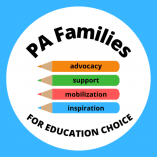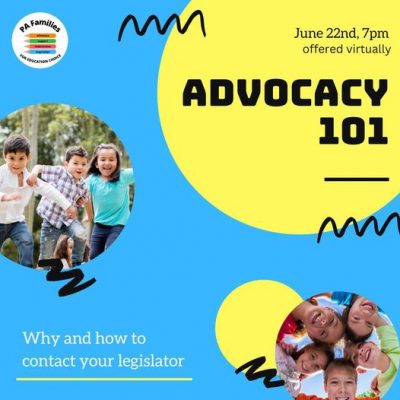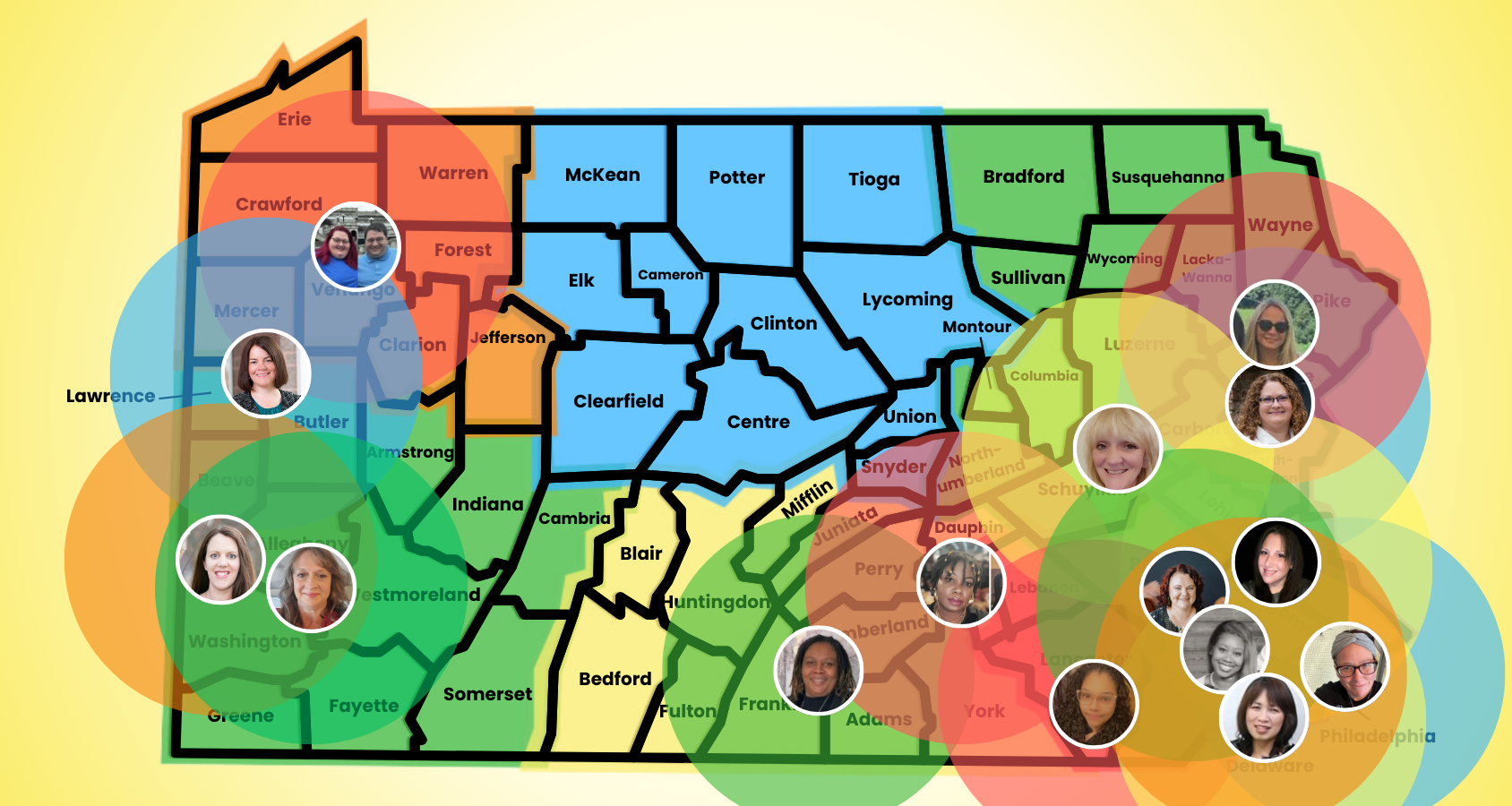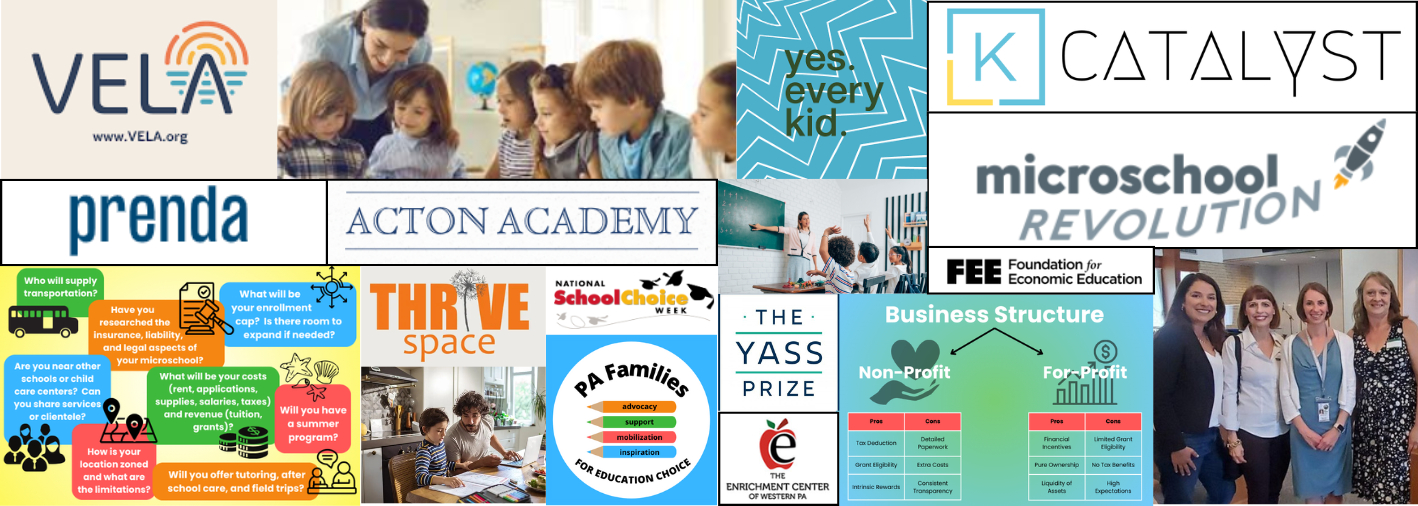“Sold a Story” and the literacy crisis
March 2, 2023 | Sharon Sedlar


I’m embarrassed to admit that it has taken me a few months (okay, four and a half) to listen to “Sold a Story“, by Emily Hanford. I wish I had made the time much sooner. The podcast details the United States’ K-12 literacy program pitfalls and shortcomings since the 1980’s with amazing depth and comprehension. It’s not an easy topic, and the podcast was extremely helpful for me to better understand what I’m hearing from the world of “balanced literacy”, “whole word reading”, and “Science of Reading”.
As reflected in “Sold a Story”, children have been disadvantaged by some of the most commonly-used reading programs for years. As proficiencies dropped and reading difficulties increased, hard looks at curriculum choices were avoided – certainly, it wasn’t the theory or programming itself that was incorrect, right?
Parents, some of whom could afford tutors, came to realize that their child’s reading improvement was in many cases in credit to the “old fashioned” phonics approach, and not the popular cueing method being taught in many schools. Parents began to push back, and rightfully so.
I noticed many troubling, parallel dynamics to other problematic issues in education:
- Industry and marketing quickly take the place, and power, of parents.
- Those who ascribe to “the policy” (in the case of the podcast, cueing reading methods) double, triple, and quadruple down in their assertion that it’s “what’s best” for the students. Parents questioning the policy start to ask ourselves: “Do we know what we’re talking about? Do we even know our own child? Certainly the educators are doing what they think is best, so maybe I’m the one who’s mistaken.”
Parents get to the point, beyond the gaslighting phase, where, rather than be placated or cajoled, they sit up and say “ENOUGH!” They become more interactive and reclaim their position as primary advocates for their children.
As parents, we know that it can take multiple requests in our own households for the garbage to go out, the dog to be taken for a walk, or for kids’ rooms to be cleaned, and I’ve been known many times to say “Please don’t make me yell.” But in the world of education with adults who should have the children’s best interests at heart, we should be better so much better than that.
As Ms. Hanford so perfectly stated, “This shouldn’t be about what adults want. It should be about what kids need.” This applies to all facets of K-12 education.
Listen to “Sold a Story” – in the car, while preparing dinner, or exercising. You won’t regret it. Not only is it an important lesson in literacy, but also in the power of parents to positively and effectively turn the tide of education for our children and students.







